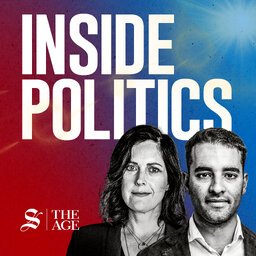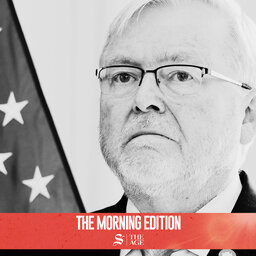Inside Politics Bonus: What to expect from the election campaign
Well, an election date has finally been called and we are staring down the barrel of a five week campaign before voting day on May 3.
Here - from the newsrooms of The Age and The Sydney Morning Herald - we’ll bring you our humble podcast twice a week for the duration of the campaign.
There’s going to be a lot of news around so we’re here to help you navigate your way through the barrage of information with the most trusted voices in Australian journalism.
Among them are national affairs editor James Massola, and federal political reporter Natassia Chrysanthos, who join Jacqueline from the Canberra studio.
In 2 playlist(s)
The Morning Edition
The Morning Edition brings you the story behind the story with the best journalists in Australia. Jo…Social links
Follow podcast
Recent clips

Aus Open prize money is at an all-time high. But are players being paid enough?
15:20

Best of 2025: Bill Shorten on Albanese's Trump triumph, and the opposition's next move
29:19

Why Kevin Rudd resigned, and what it means for our relationship with Trump
20:53
 The Morning Edition
The Morning Edition
